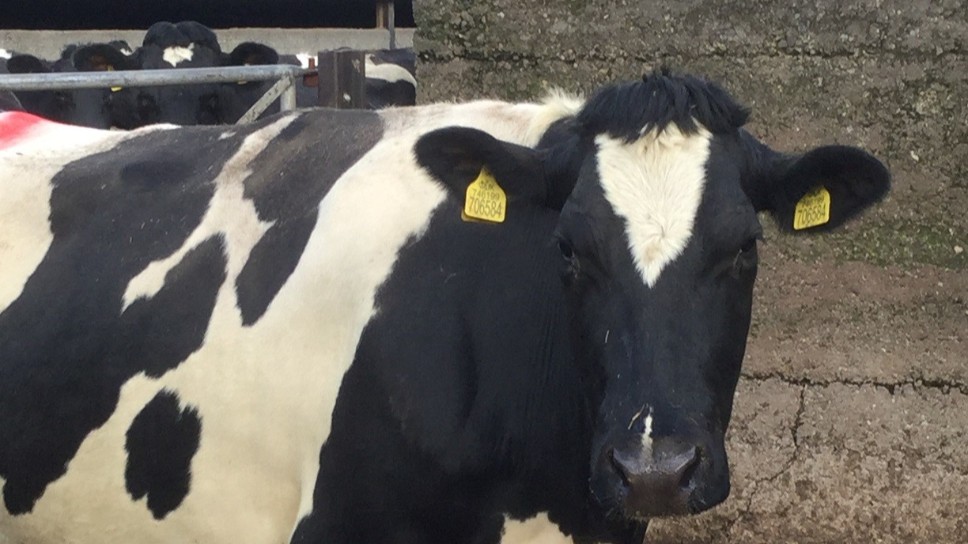
A Welsh farming family has been issued substantial fines after deliberately swapping cattle ear tags which saw animals with bovine TB reactors remain on the farm.
The actions of Edward, Charles and Henry Hartt displayed widespread illegality and created an unacceptable and serious risk to animal health, Swansea Crown Court heard.
The three men, who previously pleaded guilty to 12 counts in 2022, were sentenced for offences committed under the Cattle Identification (Wales) Regulations 2007.
The Hartts operate a large dairy and beef farming enterprise - Messrs EW Hartt & Sons - at Longford Farm, Clynderwen, comprising about 2,800 cattle.
The court heard that where higher value cattle had tested positive for TB and would be valued for compensation, poorer quality animals would then be sent for slaughter in its place.
This meant that infected animals were kept on the farm with a risk of spreading the disease to other animals and jeopardising Wales' TB eradication programme.
The case brought by Pembrokeshire County Council followed an in-depth investigation by officers from the council’s Public Protection Animal Health and Welfare Team, working with the Animal and Plant Health Agency (APHA).
It was also determined that a portion of farm’s milk would have come from TB reactors that should have been removed, which under food safety legislation was banned from entering the food chain.
Where poorer cattle tested positive, evidence showed that they were substituted at valuation for higher value animals, attracting a higher level of compensation - but with the more valuable animals subsequently retained and the lower value TB reactors sent for slaughter.
Each defendant was fined a total of £24,000 - £2,000 for each count on the indictment.
As well as the fines, associated action had been taken against the defendants under the Proceeds of Crime Act 2002 (POCA).
This legislation was introduced with the aim of recovering assets, including money, acquired through criminal activity.
The use of POCA is particularly pertinent when it is in the public interest to ensure criminal activity is not rewarded.
The criminal benefit arising in connection with the offending would have been derived through a mix of pathways.
This included TB compensation payments, sale of illegal stock, sale of milk from illegally retained stock, as well as the wider benefits gained by the farming enterprise.
The court heard that the Hartts’ actions enabled a steady and continual expansion of the business, on a stronger financial footing, to the detriment of other farms in a competitive market.
This resulted in confiscation orders of £217,906 against each defendant jointly and severally to reflect the ‘criminal benefit’ associated with the offending.
The court also awarded the council costs of £94,569.
Cllr Michelle Bateman, the council's Cabinet Member for Housing Operations and Regulatory Services, welcomed the level of sentence.
She said: “This case will have resulted in unnecessary cost and a drain on resources for those involved in the TB eradication programme, including the major use of public money by Welsh government who fund the implementation of the compensation scheme.
“It also greatly risks the health of neighbouring herds through unnecessary contamination of the environment as well as damaging the farming industry and public confidence in the safety of milk and meat."
